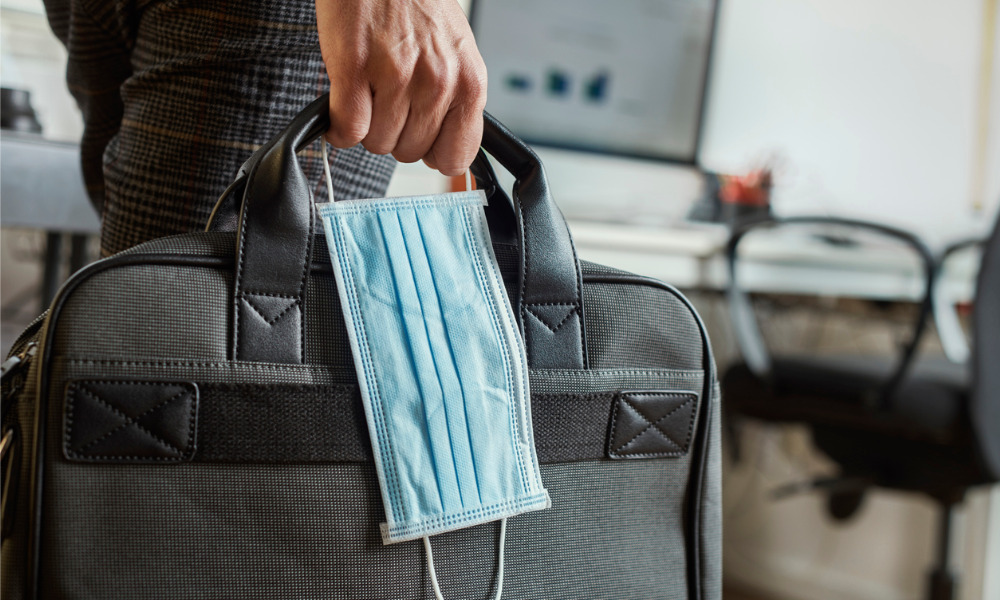
They don't feel safe and are concerned about a new wave of COVID-19 infections in Singapore

More than one in four (27%) employees in Singapore don’t feel safe returning to work post-Circuit Breaker.
Three-quarters (75%) of employees want to see social distancing observed for at least the next six months. Another 21% think social distancing should be observed for at least one year, while 9% want the measures to be permanent at work.
Some of their concerns about returning to work include:
Although some firms have begun preparing for the transition back to the workplace, work-from-home (WFH) arrangements are likely to continue to ensure business continuity and employee safety, found a study by EngageRocket. They’re currently working in partnership with the Institute for HR Professionals (IHRP) and the Singapore HR Institute (SHRI) to help companies navigate the crisis.
READ MORE: COVID-19: PM Lee addresses the 'new normal'
The finding is in line with the Singapore’s government’s consistent message that work from home should continue to be the “default setting” for the rest of 2020 at least, as there’s yet to be a vaccine for COVID-19.
“Work from home continues to be an important measure for phase two, so we would still ask all employers to make work from home or telecommuting a default setting,” said Minister Lawrence Wong. “Even if more businesses are allowed to reopen, they should continue to ensure that the staff who can work from home, continue to work from home.”
It’s also in the employers’ interest to operate in this manner, he said, as a failure of taking safe management practices seriously, including failure to enforce social distancing, may lead to potential clusters and quarantine orders as well as a possible office closure or penalties – affecting the business operations.
The study also found that majority of employees (85%) are keen to continue working from home for at least half of the time, an increase since the start of the Circuit Breaker.
The view is equally shared amongst employees of all ages:
More than three in five employees also reported being as productive or more productive working from home than in the office.
While employees are finding their rhythm to improve individual productivity, companies still
need to help them get the necessary resources in order not to compromise on productivity. Half of employees said their main challenge to productivity is not having access to resources and tools which they could have access to in the office.
READ MORE: Why your 'new normal' strategy may be flawed
What’s more, organisational communication from HR and leaders such as safety and wellness and work from home best practices during the lockdown have highly impacted employees’ resilience. Unsurprisingly, employee engagement has made a difference between employees’ attitudes towards their companies.
Three in five (59%) of engaged employees are confident in the future of their organisation. This compared with just 21% of disengaged employees. In an upcoming virtual event, global HR leaders from the likes of Coca Cola, Shell and LinkedIn will be sharing tips on engaging employees to feel connected with ever-evolving priorities throughout the crisis.
“Undoubtedly, we will have to live with COVID-19 for some time and organisations would need to continuously address the concerns of their workforce,” said Alvin Goh, executive director at Singapore Human Resources Institute.
“The economic health of the organisation depends on the physical health of their employees. It is imperative that companies aim for a zero infection rate through continuous improvement of their workflows and adoption of technology to enable their employees to work in a safe environment. This is a possible outcome and organisations must work collectively.”